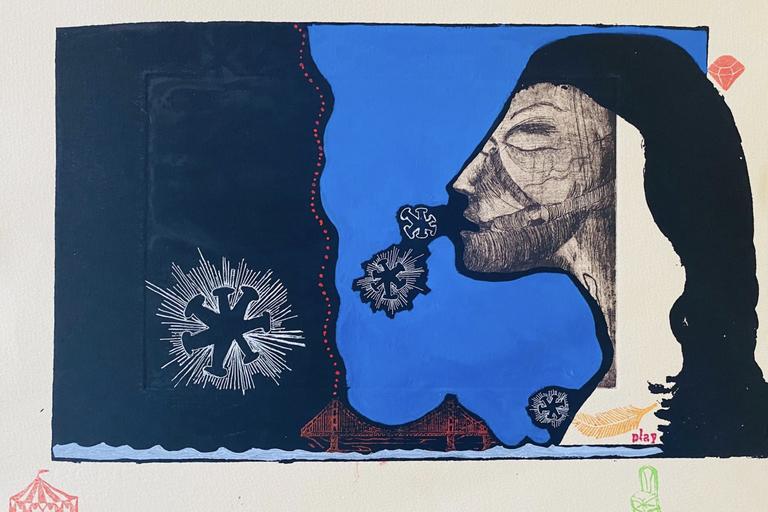Recorded Presentations about COVID in Different Parts of the World
ORIAS created the Global Views of COVID 19 webinar series to help teachers deepen their understanding of the unfolding pandemic. We know that even as educators are grappling with the personal and professional effects of the current situation, they are also fielding questions from students about COVID 19. What can we expect in the coming weeks as the COVID 19 pandemic unfolds? And how does regional context affect the spread of the virus, political responses to the pandemic, and economic consequences for everyday people?
Each event in this series explores the pandemic in one region. You'll also find links to slidedecks, recordings (as available), and additional resources.
Session Titles
Responses and Perspectives in China, Taiwan and Italy
Lessons from the 1918 Flu Pandemic in India and Indonesia
Documenting a Pandemic: Past and Present
Context and Responses in South Asia
The Unfolding Pandemic in Brazil
Challenges for Individuals with Pre-existing Health Conditions and Migrant Workers in Kazakhstan
Special Session of the TransAtlantic Educators Dialogue





